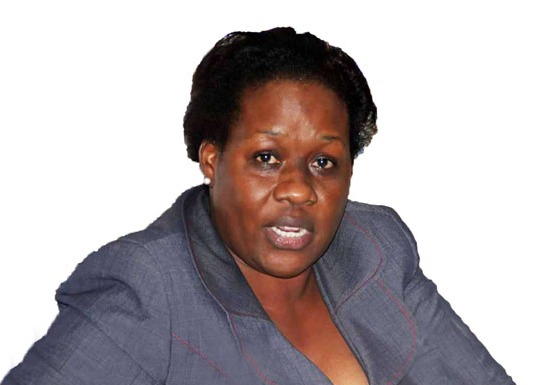In a landmark ruling that brings closure to a decade-old case, Daniel Kisekka, a former soldier of the Uganda People’s Defence Forces (UPDF), was sentenced on May 19, 2025, to 35 years in prison after pleading guilty to the 2015 murder of Assistant Director of Public Prosecutions Joan Kagezi. The case, which shocked the nation when it occurred, has lingered in Uganda’s justice system for years, and Kisekka’s conviction marks a significant milestone in the pursuit of justice.
Background of the Case
Joan Kagezi was a prominent prosecutor known for her fearless prosecution of high-profile criminal cases, including terrorism and organized crime. Her assassination in 2015 sent shockwaves across Uganda, raising concerns about the safety of judicial officers and the rule of law in the country.
Daniel Kisekka, who once served as a UPDF soldier stationed in Gulu District, deserted the army prior to the murder. During his desertion, he stole two AK-47 rifles, which he later used in a series of armed robberies alongside accomplices John Kibuuka, Nasur Abdallah Mugonole, and John Masajjage. The group reportedly received a contract from an unnamed high-profile individual to assassinate Kagezi for $20,000. Kisekka was paid an initial sum of Shs500,000 as an advance, with the balance pending.
Details from the Trial
During the trial, Kisekka admitted guilt and expressed remorse, apologizing to the family of the late Joan Kagezi, the government, and the President of Uganda. The prosecution detailed how the group, before carrying out the assassination, sought spiritual protection by visiting a witchdoctor for cleansing rituals, a practice not uncommon in certain criminal circles in Uganda.
The court also heard that Kisekka had spent one year, six months, and 13 days on remand, time which will be deducted from his sentence. The severity of the sentence reflects the aggravated nature of the crime, given the victim’s role in upholding justice and the broader implications for national security and the rule of law.
Significance of the Conviction
The conviction of Daniel Kisekka is a pivotal development in Uganda’s fight against impunity, especially for crimes targeting judicial officers and public servants. It sends a strong message that those who threaten the justice system and the rule of law will be held accountable regardless of their background or connections.
The case also highlights the challenges faced by the Ugandan justice system in prosecuting complex crimes involving former military personnel and politically sensitive figures. It underscores the importance of persistent investigations and judicial processes in ensuring that justice is served.
Broader Context
Kagezi’s murder was part of a series of attacks on high-profile individuals in Uganda, including politicians, journalists, and security personnel. The case exposed vulnerabilities in the country’s security apparatus and prompted calls for enhanced protection for judicial officers and more robust measures to combat organized crime.
The involvement of a former UPDF soldier in the assassination also raised questions about military discipline and the risks posed by deserters who abscond with military weapons. The government has since intensified efforts to track and apprehend deserters and to tighten controls over military arms.
Public and Government Reaction
The sentencing has been welcomed by the government, legal fraternity, and civil society as a step toward justice and the restoration of public confidence in the legal system. Officials have reiterated their commitment to protecting judicial officers and ensuring that the perpetrators of crimes against the state and its institutions face the full force of the law.
For the family of Joan Kagezi, the verdict brings a measure of closure after years of uncertainty and grief. It also honors her legacy as a dedicated prosecutor who sacrificed her life in the pursuit of justice.
Conclusion
The 35-year sentence handed down to Daniel Kisekka marks a significant chapter in Uganda’s criminal justice history. It demonstrates the resilience of the justice system in confronting high-profile crimes and the government’s resolve to uphold the rule of law. While the wounds caused by Joan Kagezi’s assassination remain, this conviction offers hope that justice can prevail even in the most challenging cases.

